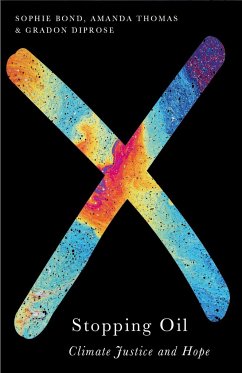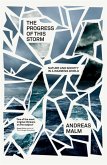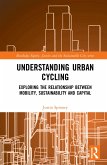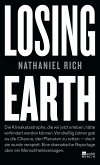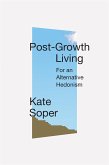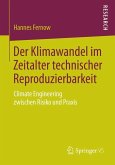Stopping Oil dives into the story of how deep-sea oil exploration became politicised in Aotearoa New Zealand, how community groups mobilised against it and the backlash that followed. It is also a story of activists exercising an ethic of care and responsibility, and how that solidarity was masked and silenced by the neoliberal state.
As Aotearoa New Zealand began to pursue deep-sea oil as part of its development agenda, a powerful climate justice campaign emerged, comprising of a range of autonomous 'Oil Free' groups around the country, NGOs like Greenpeace, and iwi and hapu (Maori tribal groups). As their influence increased, the state employed different tactics to silence them, starting with media representations designed to delegitimise, followed by securitisation and surveillance that controlled their activities, and finally targeted state-sanctioned violence and dehumanisation.
By highlighting geographies of hope for radical progressive change, the authors focus on the many examples of the campaign where solidarity and political responsibility shone through the repression, leading us towards a brighter future for climate justice across the globe.
As Aotearoa New Zealand began to pursue deep-sea oil as part of its development agenda, a powerful climate justice campaign emerged, comprising of a range of autonomous 'Oil Free' groups around the country, NGOs like Greenpeace, and iwi and hapu (Maori tribal groups). As their influence increased, the state employed different tactics to silence them, starting with media representations designed to delegitimise, followed by securitisation and surveillance that controlled their activities, and finally targeted state-sanctioned violence and dehumanisation.
By highlighting geographies of hope for radical progressive change, the authors focus on the many examples of the campaign where solidarity and political responsibility shone through the repression, leading us towards a brighter future for climate justice across the globe.

